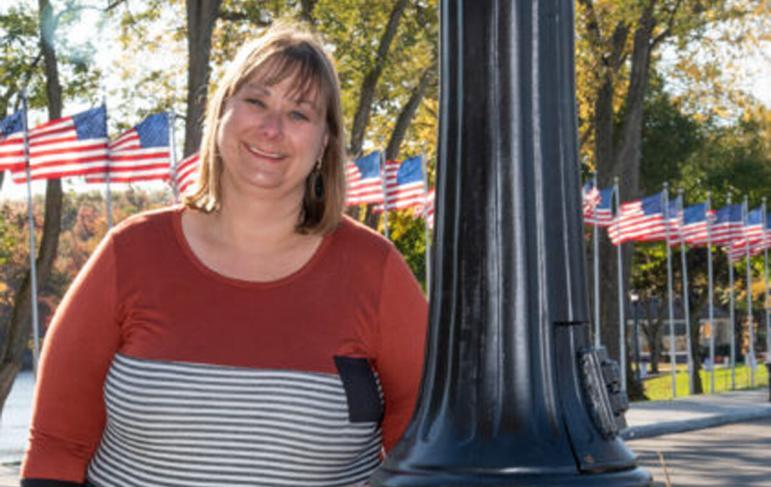By Patricia Nugent
Rule #1 in estate planning 101: Planning ahead makes it easier on everyone.
We’re all on the lookout for silver linings in the midst of the Covid-19 pandemic. Families under quarantine are rediscovering old-fashioned board games, binge-watching television series and classic movies, organizing junk drawers, cleaning out garages and taking their dogs on countless walks.
As people shift their energies to getting their houses in order, now is also the ideal time to put your final wishes in order, too.
“In such an uncertain state, I think people are looking for aspects of their lives they can control,” says Margaret T. Karl, an attorney who works in elder law and handles wills, trusts and estate planning. “This crisis has stopped people in their tracks and made them think about their mortality through a different lens. It’s an emotional time where there are so many question marks.”
People are looking to proactively wrap up the loose ends in their lives right now, a phenomenon Margie likens to a Marie Kondo-type of effort, seeking out that happiness you feel when your life is in a better state of order.
Drafting a Will
When preparing your last will and testament, one of the first decisions is appointing the person you want to carry it out—the executor.
This person has the responsibility of overseeing all the details of the estate, from dissolving the assets to making disbursements to beneficiaries who are named within the will, to paying all the estate bills including taxes and funeral expenses.
In addition to naming an executor in a will, people often name an alternate person in case something happens to the first selected person.
Margie has overseen hundreds of wills over the years and advises people consider these things when choosing an executor:
- Is the person honest and dependable?
- Is he or she well-organized and detail-oriented?
- Is he or she readily available and accessible?
The role is time-consuming, and most often executors are family members or close friends. Margie recommends whomever clients select that they get his or her approval before doing so.
Once your will is prepared, Margie says, it’s important to let the executor, as well as your whole family, know where you keep it and other important documents.
“My Clients Call Me Margie”
For Margie, the choice to practice elder law hits close to home.
Since her father was 24 years older than her mother, she had to deal with all the legal considerations of an elderly parent younger than most people do.
“Luckily, I’ve always been comfortable in the role of caretaker,” she says. “I have an empathetic ear for seniors and am well suited to listening and responding to their challenges and getting to know them. My clients call me Margie.”
Over the past decade, she has provided thousands of clients with peace of mind through customized legal services, whether in her Berea office, around clients’ kitchen tables or in their senior care facility. (Yes, she makes house calls.)
In addition to wills and trusts, Margie also handles power of attorney agreements, limited-liability companies, real estate transfers, guardianship proceedings, Medicaid planning and applications, probate court filings, long-term care planning and tax advice.
The office of Margaret T. Karl, attorney at law, is located at 1100 West Bagley Road, Suite 210, in Berea. Consultations are free. Office hours are Monday through Friday, 8:30 a.m.-4:30 p.m. For more information, call 440-973-4145 or visit BereaOhioLaw.com.
To view original Mimi Vanderhaven article click here.
(Photography: Benjamin Margalit)


